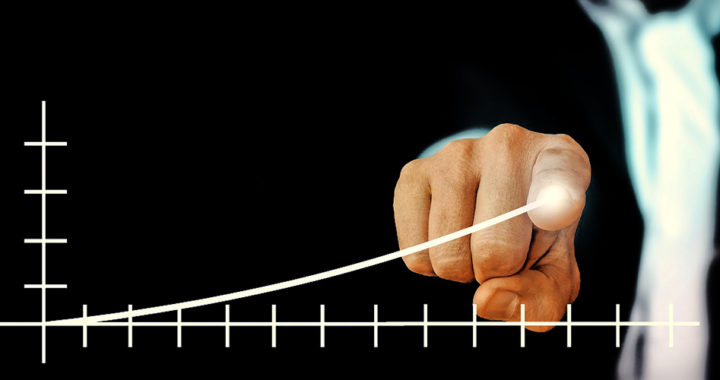A planned economy is an economic system in which the government or state directly controls and regulates different facets of the economy such as investments or allocation of resources, as well as the production and distribution of goods and services.
The means of production are also owned and controlled by the state, thus making them inherent in socialist or communist systems. Hence, unlike a market economy in which production decisions and prices of goods and services are determined by the interactions between business and the public, the state of a planned economy makes extensive economic decisions.
Different Types of Planned Economy
Nonetheless, there are different types of planned economy based on the different forms of economic planning. Take note of the following:
1. Centrally Planned Economy
Also known as a command economy, a centrally planned economy is an economic system in which all economic activities are controlled and regulated by a central authority, particularly by a central government. This type of planned economy has been observed in “socialist” or “communist” states such as the former Soviet Union and the current North Korea.
2. Decentralized Planned Economy
A decentralized-planned or horizontally-planned economy is an economic system characterized by the distribution and localization of authority and decision-making across different economic agents rather than concentrating such under a single central authority. This type of planned economy is integral to the socioeconomic models of democratic socialism and libertarian socialism.
3. Participatory Economy
A specific form of decentralized economic planning based on the principle that everyone should have the right to exert an influence over the management of the economy, mainly by giving them a say in decisions proportionate to the degree to which they are affected by them. This economic system aims to promote equity, solidarity, diversity, and efficiency within the socialist framework of common ownership of the means of production.

